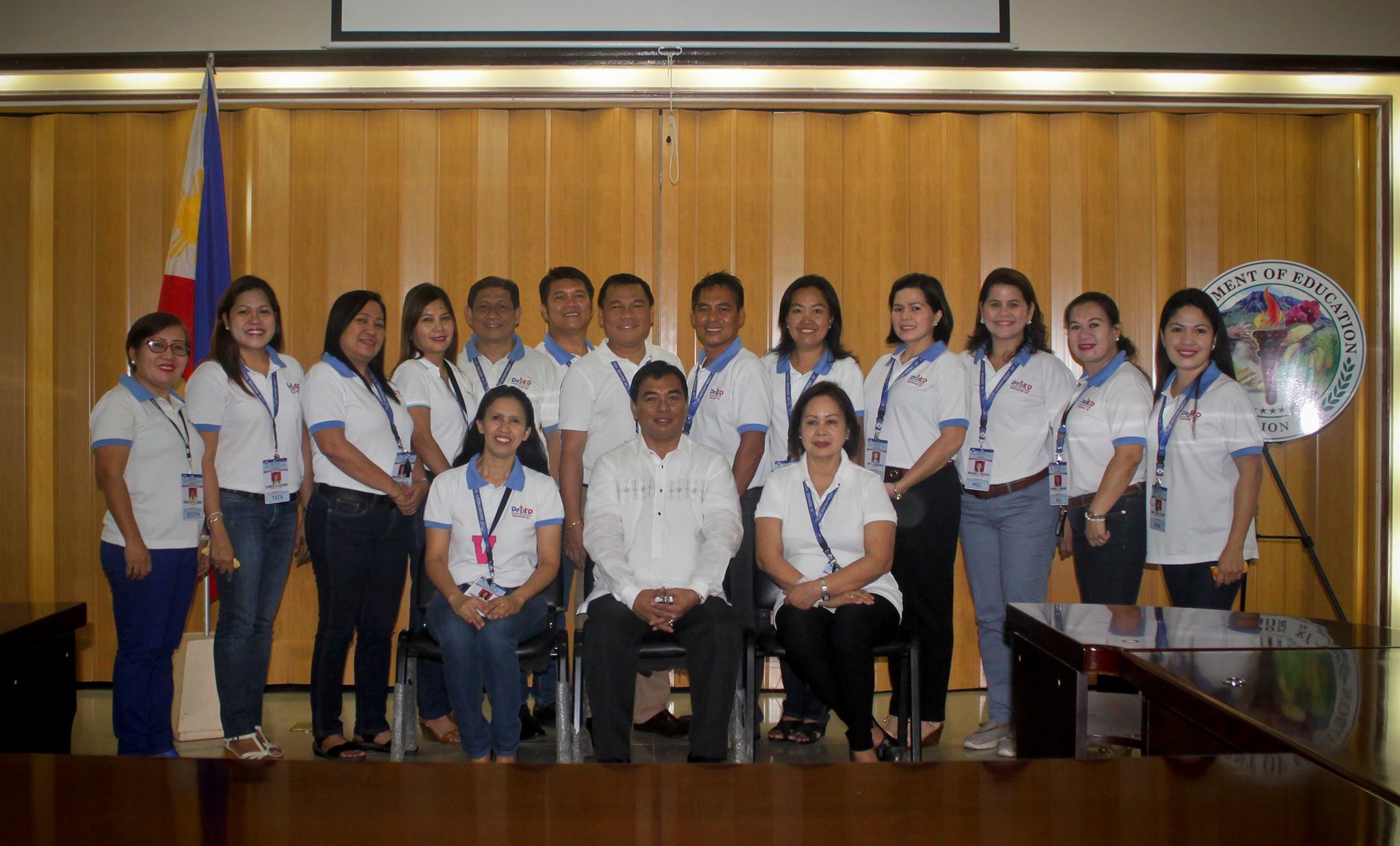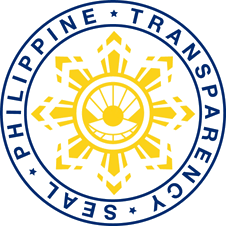Accountability: To ensure full implementation of the articulated basic education curriculum (pre-school, elementary, secondary & ALS), its localization/indigenization and increase access to quality and varied learning resources towards improvement in the quality of learning outcomes.
Specific Functions:
- Develop a regional educational policy framework on the localization and implementation of the basic education curriculum consistent with the national policies and standards
- Manage the development of the localized curriculum and special curriculum programs for all types of learners and oversee its implementation, monitoring and evaluation
- Oversee and provide technical assistance to the implementation of nationally developed models of instruction and the integration of local learning systems, innovations and delivery modes developed/piloted by the Regional Office and Schools Divisions and their adherence to national policies and standards
- Provide technical assistance to the schools divisions on appropriate learning environment, learning management, delivery systems and assessment modes for all types of learners
- Manage the implementation of accreditation schemes for different learning systems, e.g. accreditation and equivalency testing
- Manage the conduct of field research on curriculum and instruction in support of the delivery of a quality basic education to inform curriculum development
- Provide technical assistance to the schools divisions to strengthen their capacity to manage the implementation of the curriculum and supervision of schools and learning centers (LCs)
- Provide technical assistance to the schools divisions in managing the organization, implementation and monitoring of the special needs education programs (i.e. Madrasah Education, IP Education, and education for differently-abled learners) in public and private schools consistent with national policies and guidelines
- Manage evaluation of pilot results and region-wide implementation of any modification or newly developed features of the curriculum
- Monitor and evaluate the pilot of learning models and strategies for special needs education to inform adoption for region-wide implementation
Learning Resource Management and Development office(LRMD)
- Develop, produce and distribute learning resources for region-wide adoption
- Evaluate, quality assure and approve localized learning resources for regional use
- Manage the equitable distribution of learning resources in the region
- Ensure compliance to LRMDS policies, guidelines, standards in development, procurement, production and utilization of learning resources
- Conduct research on the utilization of learning resources to inform curriculum implementation, teaching, learning assessment and reporting
- Provide technical assistance to the schools divisions in the development, production, and distribution of learning resource for division-wide adoption


